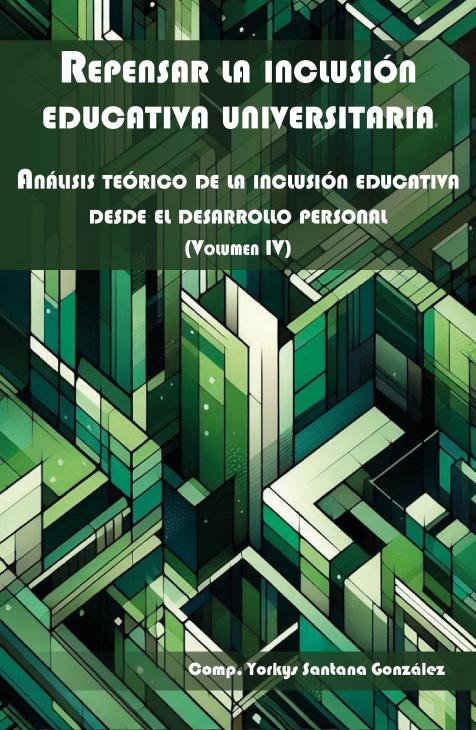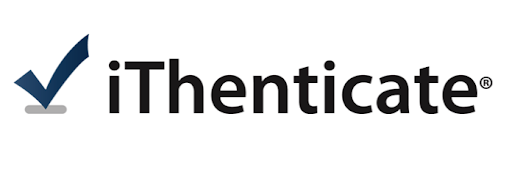Rethinking inclusive university education: Theoretical analysis of educational inclusion from personal development (Volume IV)
Keywords:
INCLUSIÓN EDUCATIVA, FAMILIAS, SALUD MENTAL, AUTORREGULACIÓN EMOCIONAL, FUNCIONAMIENTO SOCIAL, DESARROLLO PERSONAL INCLUSIVO, CO-CONSTRUCCIÓN DE SITUACIONES SOCIALES DE DESARROLLO, REDES SOCIALES, DESARROLLO PERSONAL-SOCIAL, RELACIÓN SALUD-INCLUSIÓN EDUCATIVA UNIVERSITARIASynopsis
Inclusive education has become an urgent need for the full development of exclusionary societies, which implies reflecting on the subjective conformation of educational inclusion in these contexts and outside of them. Implementing inclusive work procedures and strategies is of utmost importance to prevent vulnerable groups from being segregated or having little chance of growing personally and professionally. When inclusion exists in primary and secondary schools, societies full of opportunities for all are built, with a very high degree of well-being.
Access to inclusive education is also a key factor in improving the quality of life of other minorities, who for one reason or another have been subject to prejudice, discrimination and lack of opportunities. That is why, adopting this philosophy in institutions or schools in all contexts is a key commitment to help build the inclusive society that is desired for all.
Downloads

Downloads
Published
Categories
License

This work is licensed under a Creative Commons Attribution-NonCommercial-NoDerivatives 4.0 International License.











